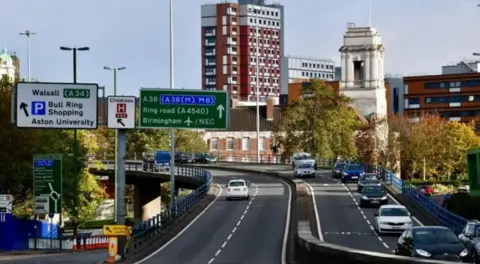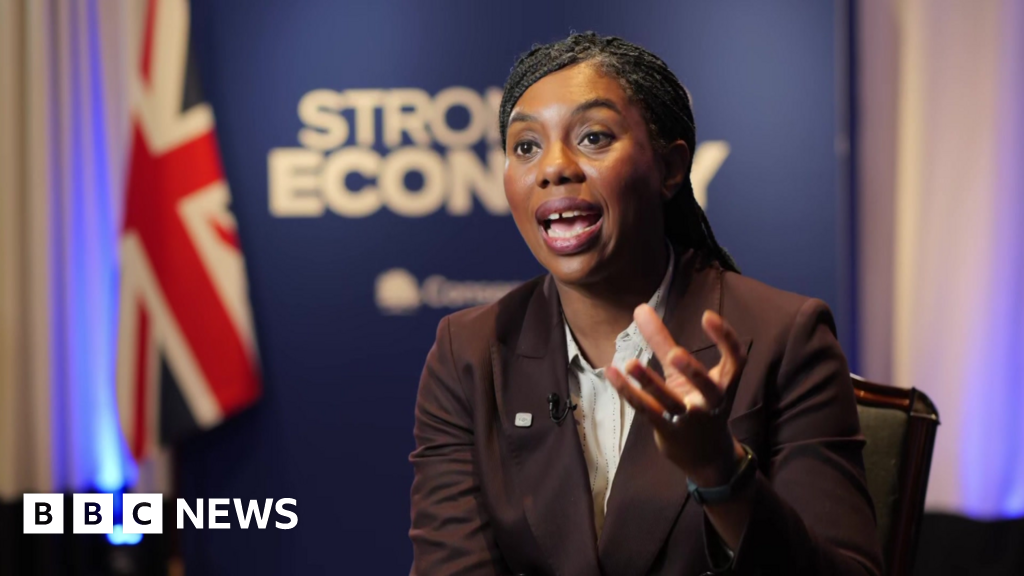Bridie Adams,West Midlands and
Sarah Julian,in Birmingham
 LDRS
LDRSThere should be a public inquiry into how Birmingham City Council declared itself effectively bankrupt in 2023 – a decision that was “materially misstated”, a group of academics and financial experts say.
In an open letter to Local Government Secretary Steve Reed, the signatories said errors in forecasts of reserves and equal pay liabilities led to the issuing of the section 114 bankruptcy notice.
In response, council leader John Cotton said the authority was “on track to deliver a balanced budget without the need for exceptional financial support” this year.
The Ministry of Housing, Communities and Local Government (MHCLG) said the decision to issue the notice had been taken locally.
Cotton explained the council had been working with the government “to repair the damage of 14 years of crippling Tory cuts”.
The letter’s signatories – described as experts in accounting, finance, economic development and local government – said the decision had caused “damaging” consequences for residents.
They said lessons needed to be learned to prevent similar situations at other local authorities.
“We call for a public inquiry to establish how and why such a damaging section 114 notice could have been initiated based on unaudited and, as has now come to light, materially incorrect accounting information,” the letter said.

Analysis supporting the letter, by Dr James Brackley of the University of Glasgow, compares the figures used at the time with those later published in the council’s audited accounts.
His analysis suggests the council’s general fund was positive by about £784m at the time rather than the £677m deficit initially reported – an underestimate of over £1bn.
He said this meant Birmingham was “likely never bankrupt”, as its available funds had been substantially underestimated and its equal pay liabilities overstated.
‘Progress on reform and recovery’
However, the council said that when the section 114 notice was issued it faced an £87m budget shortfall and had not at that point secured government approval to cover equal pay liability through borrowing or asset sales.
According to the council Carol Culley, executive director of finance, said that most chief finance officers would likely have taken the same decision based on the information available at the time.
Cotton said: “Under my leadership this council has taken the tough decisions and decisive action required to return to the mainstream of local government.”
An MHCLG spokesperson said: “Birmingham City Council has made progress on its reform and recovery, but challenges remain, which is why commissioners continue to support the council to deliver for local people.”



